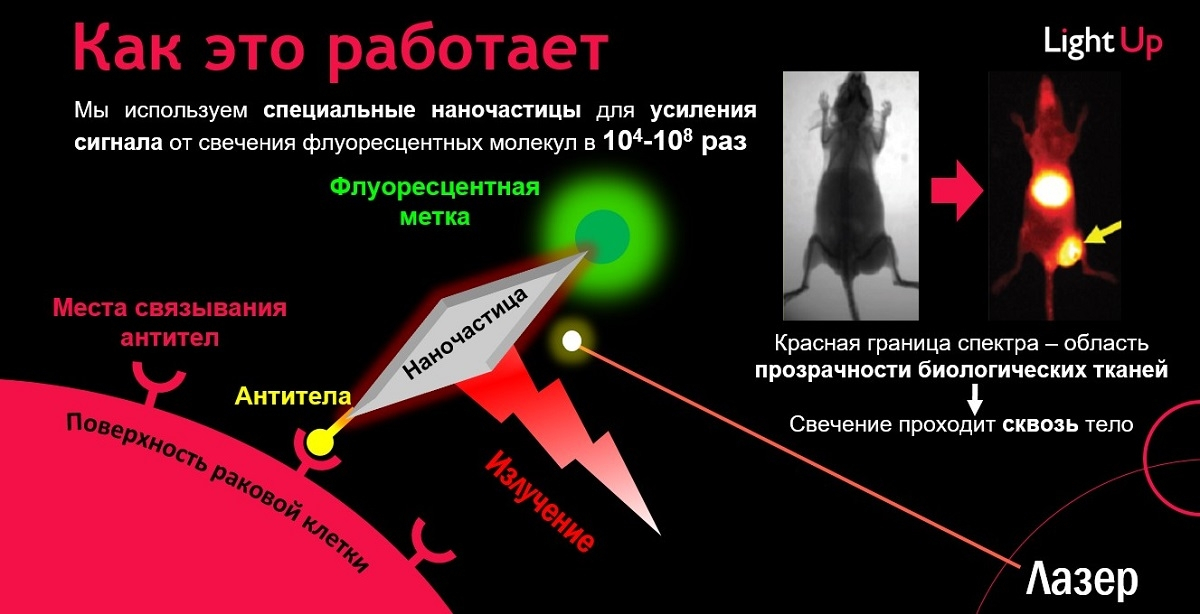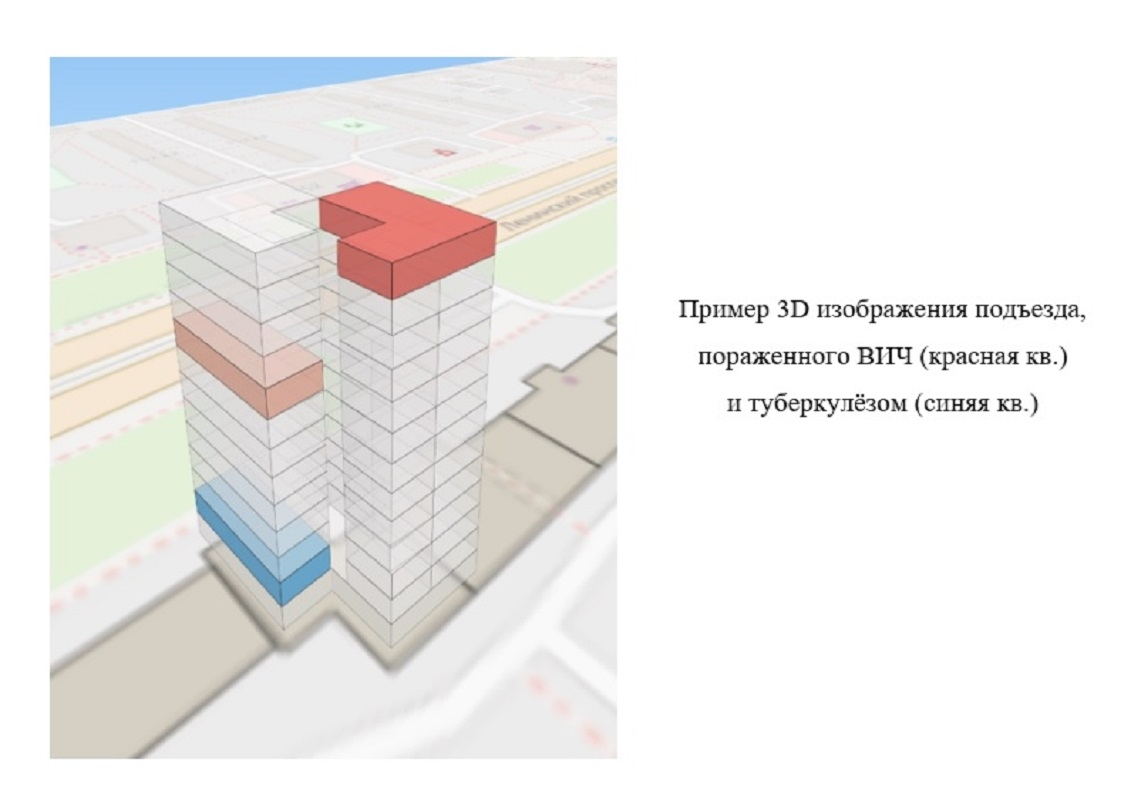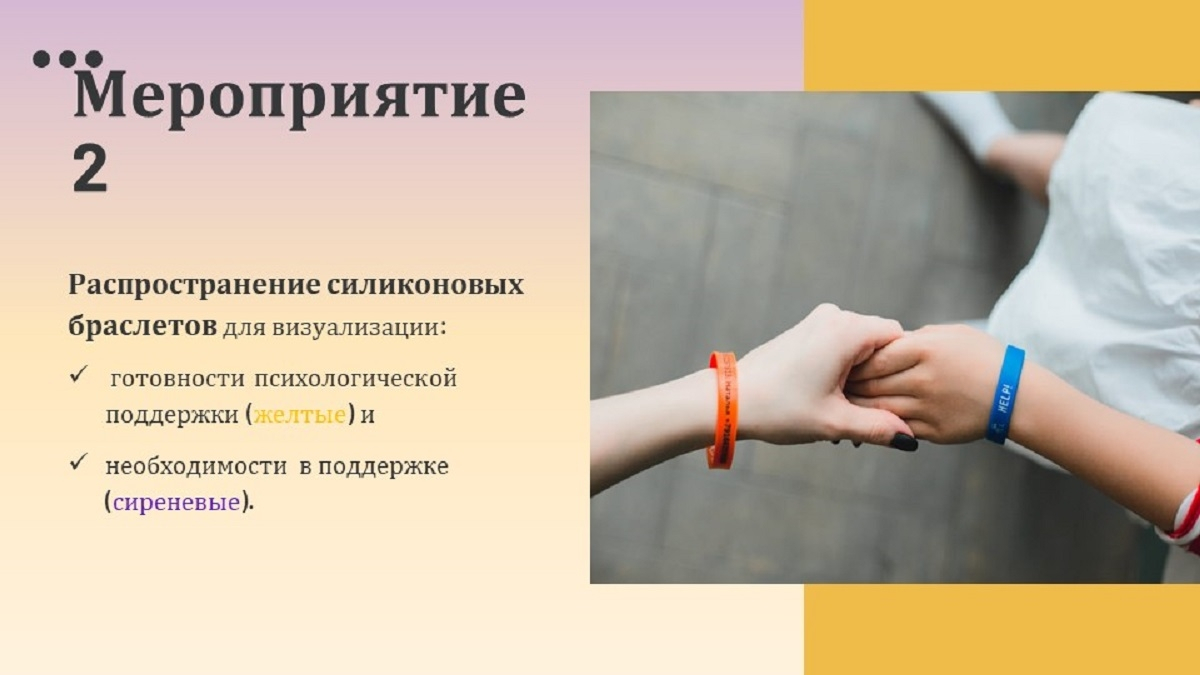Winners of the first Andrey Pavlenko contest announced
In all, 18 teams have taken part in the contest. University students, both undergraduates and postgraduates, prepared projects aimed at improving physical, mental and social health. The jury selected four winners.
More effectively diagnosing cancerous tumours
An interdisciplinary team of St Petersburg University chemistry and biology students presented the research project "Nanocomposite tags for optical tomography and hyperthermal therapy". This project will help to improve the diagnosis of oncological diseases. The students propose injecting patients with precious metal nanoparticles that enhance the optical signal and highlight cancerous tumours, making them more discernible to doctors. Compared to the traditional, widely accepted methods, this makes it possible to determine the location, size and form of malignant neoplasms ten times more effectively. The authors suppose that this may help detect tumours deep down in tissues, even ones that are quite small.
This project was developed by Aleksei Smirnov, Vasilisa Svinko, Andrei Demenshin, and Valentina Keresten.
Improving tuberculosis testing and prevention systems

Master’s students Ilia Kuznetsov and Viktoriia Ivanova, who are in the Geographical Information Mapping programme, propose using geographical information systems in the work of the anti-tuberculosis service of St Petersburg. This will make it possible to: quickly identify and map those areas where there is the highest risk of socially significant diseases being spread; collect objective information about the diseases; and provide it to physicians and controlling entities in the form of clear map images, not only for regions and municipalities but even for individual buildings and apartments. Such a system is designed to help medical professionals to develop effective preventive systems and to point to the strengths and weaknesses of disease control. Having received this information, doctors will be able to inform the city’s residents about the risks of socially significant diseases being spread and to provide information to the authorities.
This contest is dedicated to the distinguished surgical oncologist Andrey Pavlenko, who headed the Oncology Department at St Petersburg University’s Pirogov Clinic of High Medical Technologies. In 2018, the physician learned that he had cancer. For the next year and a half, he fought off the disease, continuing to consult and operate on patients and to share his knowledge with students and colleagues. In 2020, Andrey Pavlenko departed this life.

Future psychologists Mariia Filippova and Kamilia Nukaeva propose helping high school students to learn more about mental health. For this purpose, they developed the PsyAzbuka Lecture Series project. According to them, adolescents in grades 9-11 are one of the most vulnerable groups. They are going through a critical stage in their lives and they have to deal with a host of stressors: preparation for the USE (the Unified State Exam), problems interacting with their peers, difficulties in the family, and global turmoil, for instance the COVID-19 pandemic. Within the context of this series of public lectures for schoolchildren, they plan to teach them how to: develop relationships; resolve conflicts and avoid bullying; properly express their emotions; deal with stress; and, in the end, accept and love themselves.
It is important that Ms Filippova and Ms Nukaeva propose organising lectures not only for schoolchildren, but also for their parents. Such lectures could tell them how to respond to their child’s complaints, how to support and help them, and also how to recognise when they should consult a specialist and how to choose one.
Helping students improve their emotional state

The CREDO social project, developed by St Petersburg University psychology students Diana Laska and Aleksandra Sorokina, was another winner in the contest. It is aimed at improving students’ mental health, and reducing their levels of stress, anxiety and loneliness. The authors of CREDO propose to create a community in a social network, the main principles of which will be a friendly atmosphere, a trusting and unbiased attitude, the expression of empathy and the absence of aggression. It is expected that the community will publish thematic information materials, questions and answers (anonymous if necessary), and announcements of events. The young psychologists also plan to conduct webinars and workshops led by experts. To consolidate the community, they propose that its members wear silicone bracelets, which will symbolise their concern for each other. Yellow ones will signify "I am ready to help" and lilac, "I need help". Ms Laska and Ms Sorokina expect that in the first year about 3,000 people will join the project.
Over the course of ten months, the winners of the Andrey Pavlenko Contest will receive a scholarship of 15,000 roubles per team.
This contest will be held annually. It is open to all St Petersburg University bachelor’s, master’s, doctoral and clinical residency students.

